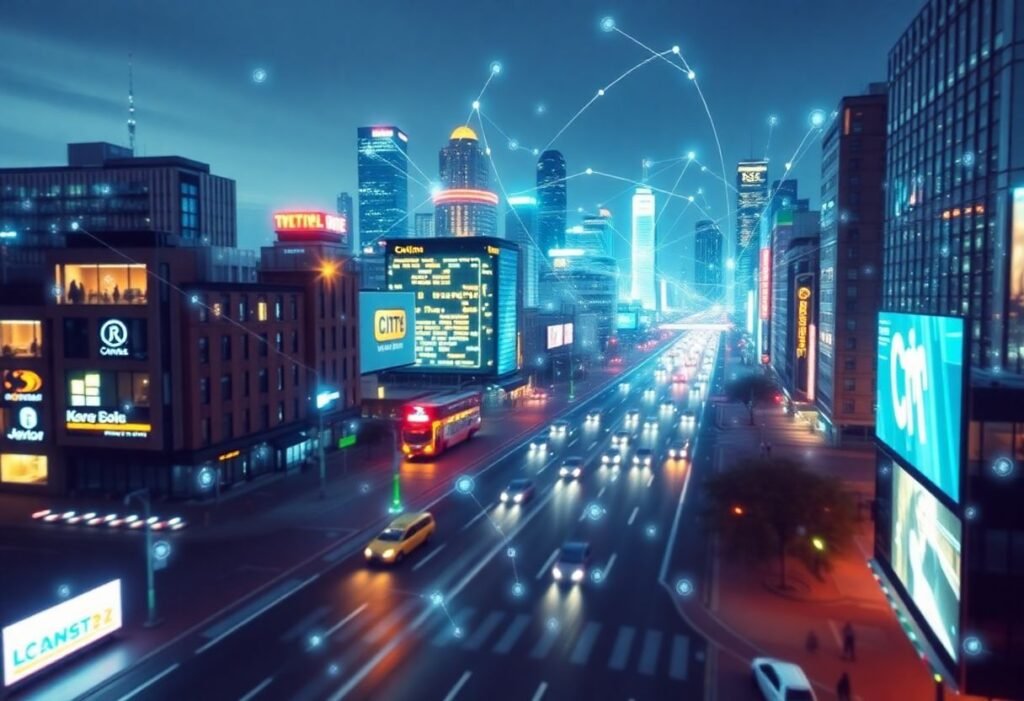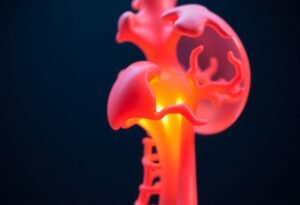The Internet of Things (IoT) is transforming urban landscapes, leading to the emergence of smart cities that enhance the quality of life for its residents. By integrating technology and innovative solutions, cities can improve efficiency, sustainability, and life quality.
The Rise of Smart Cities Through IoT
The concept of smart cities is fundamentally built on the idea that technology can lead to smarter urban planning. IoT plays a critical role in collecting data from various sensors installed throughout the city. This data is analyzed to monitor traffic patterns, energy consumption, and waste management systems, allowing city planners to make informed decisions. The integration of IoT technology not only optimizes resources but also promotes sustainability by reducing energy waste and streamlining services such as public transport.
Enhancing Urban Mobility
Managing urban mobility is a significant challenge for growing cities. IoT solutions provide innovative ways to enhance traffic flow and decrease congestion. By using real-time data, cities can adjust traffic signals to facilitate smoother vehicle movement and reduce delays. Smart public transportation systems can offer on-demand services, improving accessibility. Furthermore, the implementation of smart parking solutions helps drivers find available spots quickly, significantly cutting down the time spent on the road.
Improving Public Safety
Public safety is paramount for any city. IoT technology enhances security through connected devices such as surveillance cameras, fire alarms, and emergency response systems. By monitoring different environments, these systems can alert authorities about potential threats or emergencies. In smart cities, IoT devices can also integrate with public safety networks, ensuring faster response times and coordination during incidents, ultimately increasing the overall safety of urban areas.
Efficient Waste Management
The management of waste is a constant concern in densely populated cities. IoT applications empower municipal services to optimize waste collection routes and schedules based on real-time data from smart bins. These bins can signal when they are full, allowing for efficient resource allocation. This innovation not only reduces operational costs but also decreases the carbon footprint associated with waste collection, contributing to environmentally sustainable urban living.
Creating Energy-efficient Cities
Inefficient energy consumption is a critical issue facing modern cities. IoT technology enables integrated energy systems that can monitor and manage usage patterns more effectively. By implementing smart grids, cities can enhance energy distribution and reduce wastefulness. Additionally, innovative solutions such as smart thermostats in buildings can adjust energy consumption depending on occupancy and weather conditions, fostering a culture of conservation and efficiency
Shaping a Connected Future
As cities evolve, the role of IoT in urban environments will continue to expand. Future innovations may include the integration of artificial intelligence and big data analytics to create even more connected urban ecosystems. By leveraging emerging technologies, cities can adapt to the unique needs of their communities, ensuring a sustainable and high-quality urban experience for all residents. Embracing these advancements will be crucial for fostering innovation and improving life’s overall quality in our growing urban landscape.
Disclaimer: This article is for informational purposes only and should not be considered as expert advice.





















